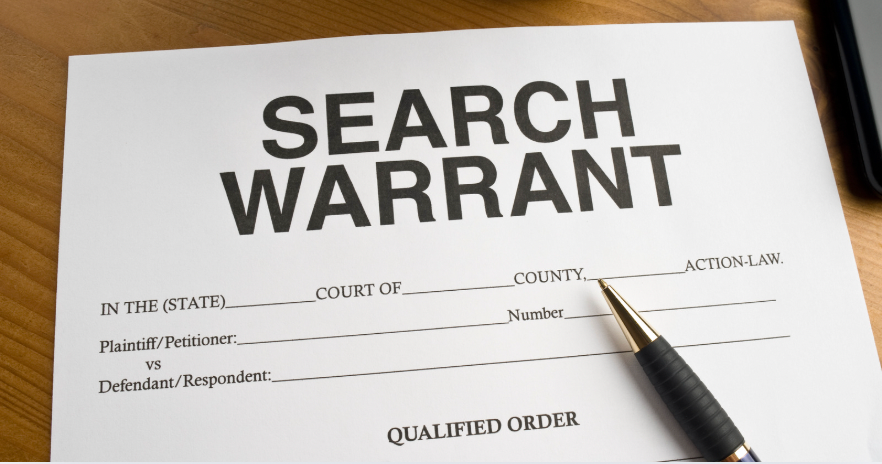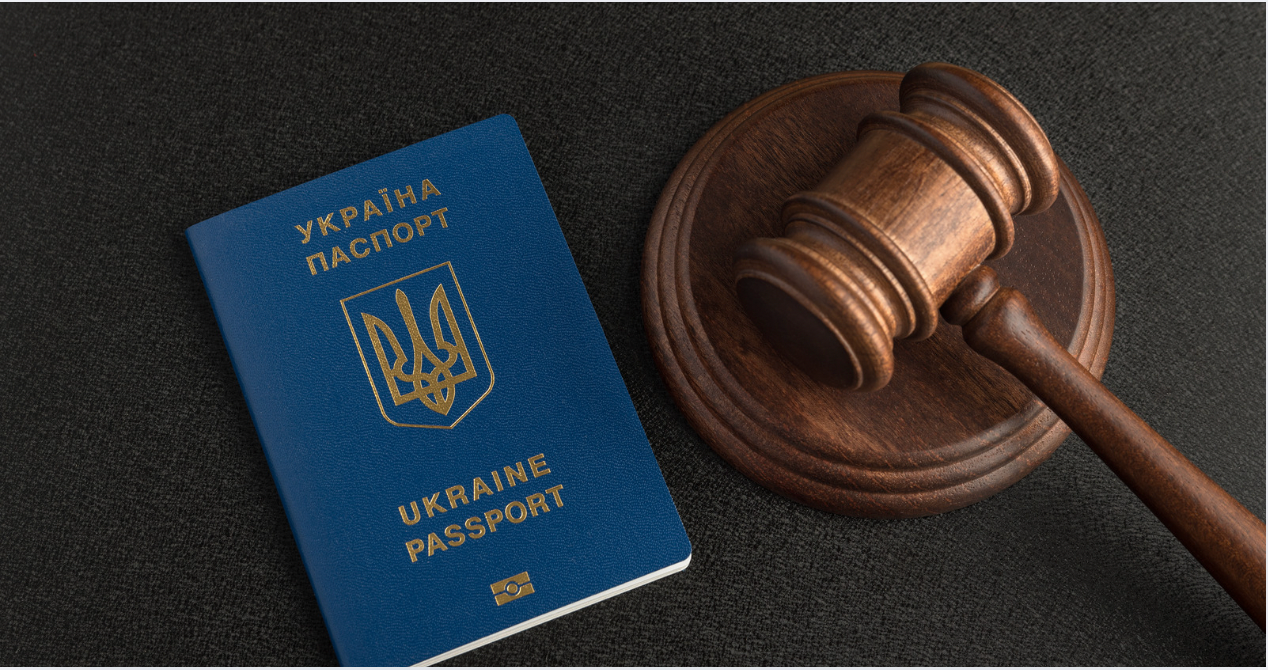6 Common Myths and Misconceptions About Bail Bonds
When it comes to the legal system and the concept of bail bonds, there are numerous myths and misconceptions that can cloud people's understanding. These misunderstandings can lead to confusion and make it challenging to make informed decisions when dealing with legal troubles. That's why Griffith Bailbonds
is working hard to debunk 6 common myths and misconceptions about bail bonds below, shedding light on the truth behind these misconceptions.
1. Bail Bonds Are the Same As Bail
Contrary to popular belief, bail bonds and bail are not the same thing. While bail refers to the temporary release of a defendant from custody, bail bonds involve a third party, typically a bail bondsman or a bail bond company, who provides a financial guarantee to the court on behalf of the defendant.
2. Bail Bonds Are Only for the Wealthy
One common misconception is that bail bonds are only available to those with substantial financial resources. In reality, bail bonds provide an option for defendants who cannot afford the full bail amount set by the court. By paying a percentage of the bail amount as a fee, individuals can secure their release through a bail bondsman.
3. Using a Bail Bondsman Means Losing Money
Another prevalent myth is that utilizing a bail bondsman means losing a significant amount of money. While it is true that a fee is paid to the bail bondsman, this fee serves as compensation for their services and the risk they assume. It is not a loss, but rather a payment for their expertise and the financial guarantee they provide.
4. Bail Bonds Are Always Non-Refundable
There is a misconception that once a fee is paid to a bail bondsman, it is non-refundable regardless of the case's outcome. In reality, the fee paid for a bail bond is generally non-refundable. However, if the defendant fulfills all their legal obligations, such as attending court hearings, the bail amount itself (excluding the fee) may be refunded by the court.
5. Only Dangerous Criminals Need Bail Bonds
There is a misconception that bail bonds are only necessary for individuals accused of serious or violent crimes. In truth, bail bonds can be utilized in various cases, including non-violent offenses and misdemeanors. The purpose of bail bonds is to provide an option for temporary release from custody while ensuring the defendant's appearance in court.
6. Bail Bonds Are Only for Locals
Some people believe that bail bonds are only applicable to individuals with strong community ties or residents of a specific area. In reality, bail bonds can be utilized by anyone who meets the criteria set by the bail bondsman. Factors such as flight risk, ties to the community, and financial circumstances are considered when determining eligibility for a bail bond.
Trust Griffith Bailbonds to Help You Navigate the Bail Bonds Process in CT
Dispelling myths and misconceptions surrounding bail bonds is crucial for a better understanding of their role in the legal system. By debunking these common misconceptions, we can recognize that bail bonds provide a viable option for individuals who cannot afford the full bail amount. Understanding the truth about bail bonds empowers individuals to make informed decisions and navigate the legal process more effectively when faced with legal troubles. If you are still having trouble understanding the bail bonding process in CT or you are simply looking for a bail bondsman in the New Haven County area, give us a call today. We're more than equipped to help!











